6 Things the Galaxy S9 Needs to Beat the iPhone X
From design and camera features to AI, here's what Samsung needs to do to be at the top of the smartphone world again.
The "notch" at the top of the screen. The lack of a headphone jack. Me-too features like wireless charging. Samsung has poked fun at Apple with takedowns of the iPhone X, but that doesn't change the fact that, for many people (including us), Apple's flagship has become the smartphone to beat.
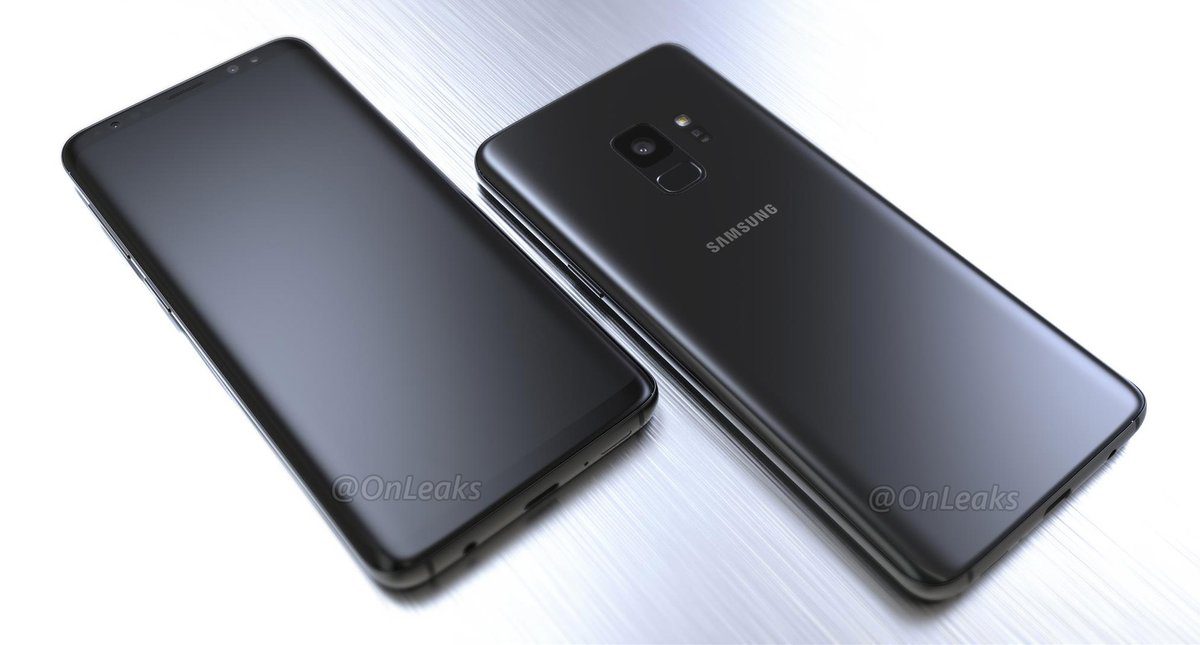
At the same time, the Galaxy S8 has been a fantastic phone that's raised the bar for the entire industry, especially when it comes to design. As Samsung readies the Galaxy S9 for its big reveal at a Mobile World Congress launch event on February 25, it could very well leapfrog the iPhone X and create even more distance between it and the rest of an Android field.
"What does Samsung have to do to maintain or better its position against Apple? said Ramon Llamas, research manager for wearables and mobile phones at IDC. "That's going to be the question that comes around every single year ahead of its next big release."
Here's where Samsung needs to improve to take back the title of best phone.
Design: Build on the S8's wow factor
It's easy to forget that Samsung had lost consumer trust heading into last year's Galaxy S8 launch. This was a result of battery issues with the Galaxy Note 7, which led to fires and a total recall of the phablet. The company had to prove it could make a phone that wasn't just sexy but safe.
"The S8 came at a time when Samsung was licking its wounds following the battery debacle," Llamas said. "There were high expectations, and for the most part, Samsung delivered on those."
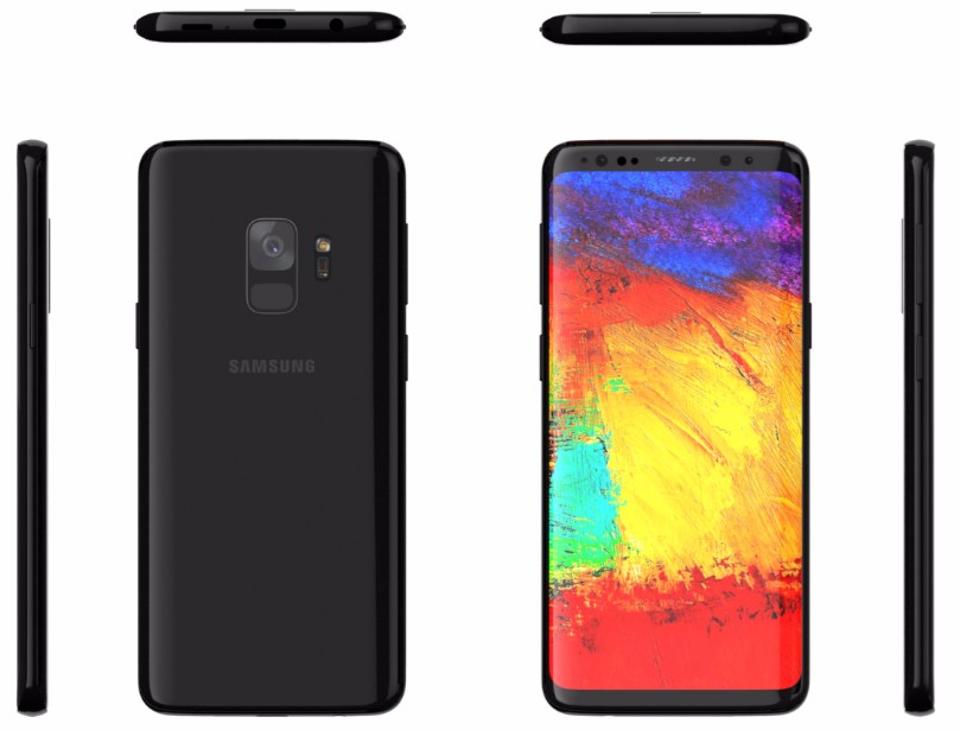
The Galaxy S8 had a lot more going for it than an eight-point safety check. It turned heads with an Infinity Display that covered nearly the entire front of the phone. Any other handset released after that with chunky bezels looked like a total eyesore.
But there were some complaints, too, mostly about the awkward location of the S8's fingerprint sensor: It was to the immediate right of the camera lens, which increased the chances of smudging. Galaxy S9 rumors point to Samsung placing the reader beneath the camera this time around, making it easier to reach.
"I expect Samsung to respond to that," Llamas predicted. "That's low-hanging fruit."
Display: Become the king of OLED again
In our testing of the iPhone X, we were surprised by how much better its OLED screen looked compared with the Galaxy S8's display, which is ironic considering Samsung reportedly supplied the panel Apple uses.
The iPhone X's display looked brighter and delivered slightly wider viewing angles and more natural-looking hues. Analysts believe Samsung will make strides with the Galaxy S9's screen, and not just in terms of screen quality.
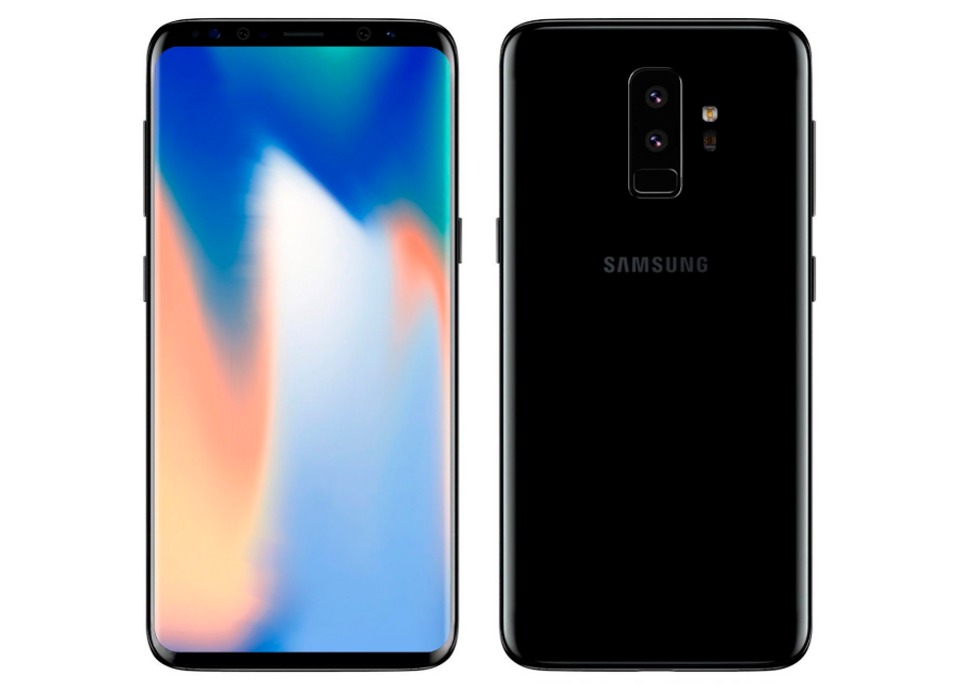
"Where I would like to see Samsung go is with a variable refresh panel, similar to what Razer is doing with its phone and what Apple is doing with the iPad Pro," said Avi Greengart, research director for consumer platforms and devices at GlobalData.
The Razer Phone has an Ultramotion display that synchronizes the display refresh rate with the GPU render rate, and it can scale all the way up to 120 Hz — a first for phones. The result is smoother graphics with little or no stuttering or lag. A screen with a dynamic refresh rate would not only make content look better but also save battery life.
Snapdragon 845: Efficiency beats speed
If the leaked benchmarks are to be believed, the Galaxy S9 won't be faster than the iPhone X, even though it should be the first phone on the market with Qualcomm's Snapdragon 845 processor. The A11 Bionic chip inside Apple's flagship seems to have more sheer horsepower.
MORE: iPhone X and iPhone 8 Are World's Fastest Phones
But there are other reasons to be excited about Snapdragon 845, including a 30 percent graphics boost for better gaming performance, an improved image signal processor for taking sharper photos, and faster gigabit LTE connectivity.
But there's another key benefit: longer battery life. For instance, the graphics are 30 percent more efficient. "If that translates to even 10 percent more battery, that's huge," said Greengart. "You combine that with a more efficient display, and you're off to the races."
Camera: Better low-light pics and more
Samsung didn't make many upgrades to its camera between the release of the Galaxy S7 and Galaxy S8, which enabled other flagships to vault into the lead. In our own camera face-off between the iPhone X and Galaxy S8, for example, Apple's camera delivered richer colors and more natural-looking skin tones.
Samsung also needs to contend with Google's Pixel 2, which tends to produce better results in low light than the Galaxy S8 and also manages to pull off good-looking portraits (complete with bokeh effect) without the need for a second lens.
"The Pixel 2 is the camera to beat," said Greengart. "That's one area where Samsung needs to make improvements if only so that it doesn't appear to be falling behind."
With its new phones, Samsung teases that it will reimagine the camera in its launch event invite. The S9 will reportedly offer a new Super Speed Dual Pixel camera on both the S9 and S9+, which presumably will be faster and offer variable apertures. One lens will have an f/1.5 aperture for better low-light performance, and the other could be f/2.4, which would allow for a wider depth of field.
Only the Galaxy S9+ will supposedly feature dual lenses, which would enable that handset to offer a 2x optical zoom and a Live Focus mode that's similar to what you'll find on the Galaxy Note 8. But having dual lenses on the more premium S9 could have other benefits.
"Pay attention to how much dual cameras are going to be leveraged for augmented reality," Llamas said. "The second camera will be able to better measure light, depth and distance — three very important things for any [augmented reality] experience."
AI: Press Restart on Bixby
As Samsung's first stab at an AI assistant, Bixby has been a bit of a mess. Promised features, such as voice commands, didn't work at launch, and many users were angry that they could not remap the dedicated Bixby button to use it as a shortcut for other functions. (You can do it now, but only through unofficial workarounds.)

"Bixby was a bust," Greengart said. "It was more annoying than helpful, and that's not good."
So what can Samsung do to make its next phone smarter? According to one rumor, Samsung may be rolling out a so-called AI UX for the Galaxy S9, which would use machine learning and artificial intelligence to provide more contextual info and anticipate what you want to do next.
MORE: 11 Coolest Things Bixby Voice Can Do on the Galaxy S8
A more recent report claims that Samsung has developed a dedicated AI chip that will compete directly with the neural processing capabilities of Apple's A11 Bionic processor.
As for Bixby itself, look for Samsung to find more ways to get its phones to communicate with and control other devices in your home. In fact, at CES 2018, the company announced that many of its new appliances and TVs will have Bixby built in.
"As homes get smarter and you can connect to many other devices — whether it's Nest, light bulbs, your security system, etc. — the question becomes, how can Bixby tap into these things a lot easier?" Llamas said.
AR: Embrace Google, or go it alone?
Although Samsung has been at the forefront of the mobile virtual-reality movement with its Gear VR headsets, the company did not bundle that headset with the Galaxy S8 as it had done with previous handsets.
"As I look at VR, it's kind of slowed down," Llamas said. "I don't think Samsung should stray away from it too much. Stand-alone VR is still a ways off for a lot of people." Llamas suggested that Samsung spend more time and money bringing more high-profile partnerships to VR.
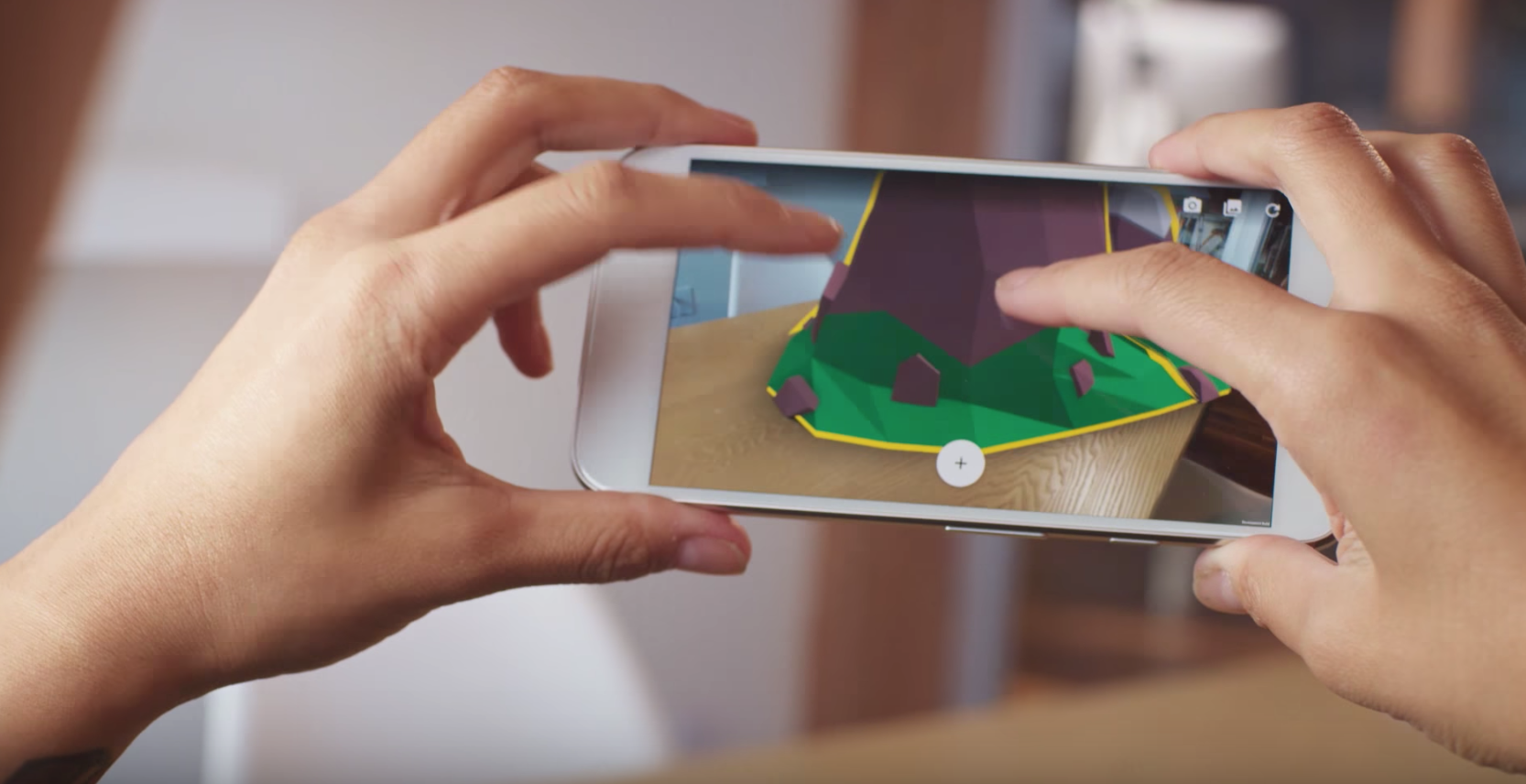
At the same time, the tech world seems to be pivoting away from VR, toward augmented reality, partly because you don't need to don a headset to enjoy an immersive experience. AR glasses are on the horizon, but most of the action in the near term will be on phones.
Although Apple has made some waves with its ARKit apps on iOS, we're still in the very early days for augmented reality on phones. That's why Google still has plenty of time to generate interest in its own ARCore platform and to court developers to create compelling apps.
With VR, Samsung and Google went their separate ways, developing Gear VR and Daydream, respectively. But that sort of bifurcation won't necessarily be a good idea with AR as Apple gains momentum. Regardless, Samsung should have invested heavily in this area so that the Galaxy S9 would be primed to be the best AR phone.
"Samsung has the wherewithal and resources available to go deeper into this area," Llamas said. "They've taken terrific pains to point out that 'we're not just a devices company; we're a solutions company.'"
Bottom Line
Based on rumors and early reports, the consensus seems to be that the Galaxy S9 will not be a huge update. But it doesn't necessarily need to be in order to take back the top-smartphone mantle from Apple, as the Galaxy S8 and S8+ were excellent premium flagships.
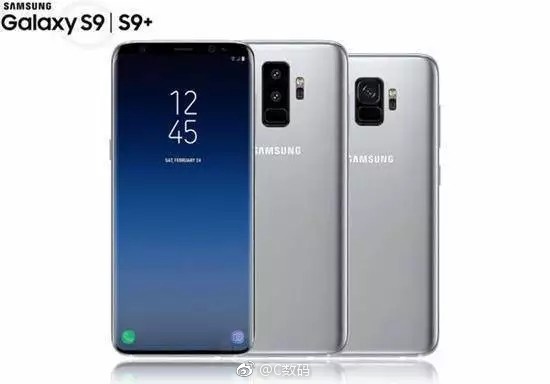
Still, there's plenty of room for improvement, including a better display, faster performance, better camera quality and especially AI. Will all of that be enough?
"Apple lives in its own universe," Greengart said. "The iOS ecosystem is very sticky, so it's difficult to pull consumers away from Apple. That said, Samsung has kept ahead of Apple in terms of design."
Now it's up to Samsung to build on this advantage with its upcoming sequel.
Sign up to get the BEST of Tom's Guide direct to your inbox.
Get instant access to breaking news, the hottest reviews, great deals and helpful tips.
Mark Spoonauer is the global editor in chief of Tom's Guide and has covered technology for over 20 years. In addition to overseeing the direction of Tom's Guide, Mark specializes in covering all things mobile, having reviewed dozens of smartphones and other gadgets. He has spoken at key industry events and appears regularly on TV to discuss the latest trends, including Cheddar, Fox Business and other outlets. Mark was previously editor in chief of Laptop Mag, and his work has appeared in Wired, Popular Science and Inc. Follow him on Twitter at @mspoonauer.
-
ramsus78 VR isn't going anywhere, it isn't slowing down, and Samsung didn't bundle the headset because they're selling well enough on their own now. AR, while cool, is something different, and won't replace VR. If you think so, you probably have no business writing articles regarding the future of technology.Reply -
Mark Spoonauer Thanks for your comment but I disagree about VR. And so does IDC. From their most recent report.Reply
"Growth in the VR market has been rather sluggish compared to other recently introduced technologies as the amount of investment and, more importantly, the need for end user education is extremely high for VR," said Jitesh Ubrani senior research analyst for IDC's Mobile Device Trackers. "Though the recent price cuts across all major platforms will help alleviate one of the barriers to adoption, providing consumers the opportunity to learn about products and try before they buy is still a significant hurdle faced by most companies."
Samsung's dominance continued as the launch of the Galaxy S8/8+ helped drive shipments of the Gear VR, although the company did experience a significant year-over-year decline. -
thrushton2631 Maybe VR on mobile devices, but no VR as a whole ie Ps vr, HTC vive and oculus are not gonna anywhere and VR totally smashes anything AR could ever hope to achieve.Reply -
thrushton2631 Maybe VR on mobile devices, but no VR as a whole ie Ps vr, HTC vive and oculus are not gonna anywhere and VR totally smashes anything AR could ever hope to achieve.Reply -
thrushton2631 So are video games, lmao. Maybe you've just never run an HTC vive game on a gtx 1080 ti... Or never played VR at all.Reply -
shawndugout13 How about evaluating Bixby now and not just from start up. Has come a long way in a short period of time. The more capability of use it has in the system as well as the custom commands alone is awesome. The voice recognition and response has gotten incredibly better. This from my Note 8Reply -
danmboze 6 things huh? How about 1. Not being an iPhone, 2. Not using IOS, 3. Not being an Apple product... Dare I go on. Oh yeah, the S9 is already there. Good to go.Reply -
shawndugout13 I believe VR will CONTINUE to be a smaller select market. They will keep pushing though. The hype and use will be more like a one time hit wonder, then become a piece of hardware that sits in a kids closet next to their older gaming consoles. If they even still have that....just my opinion.Reply

